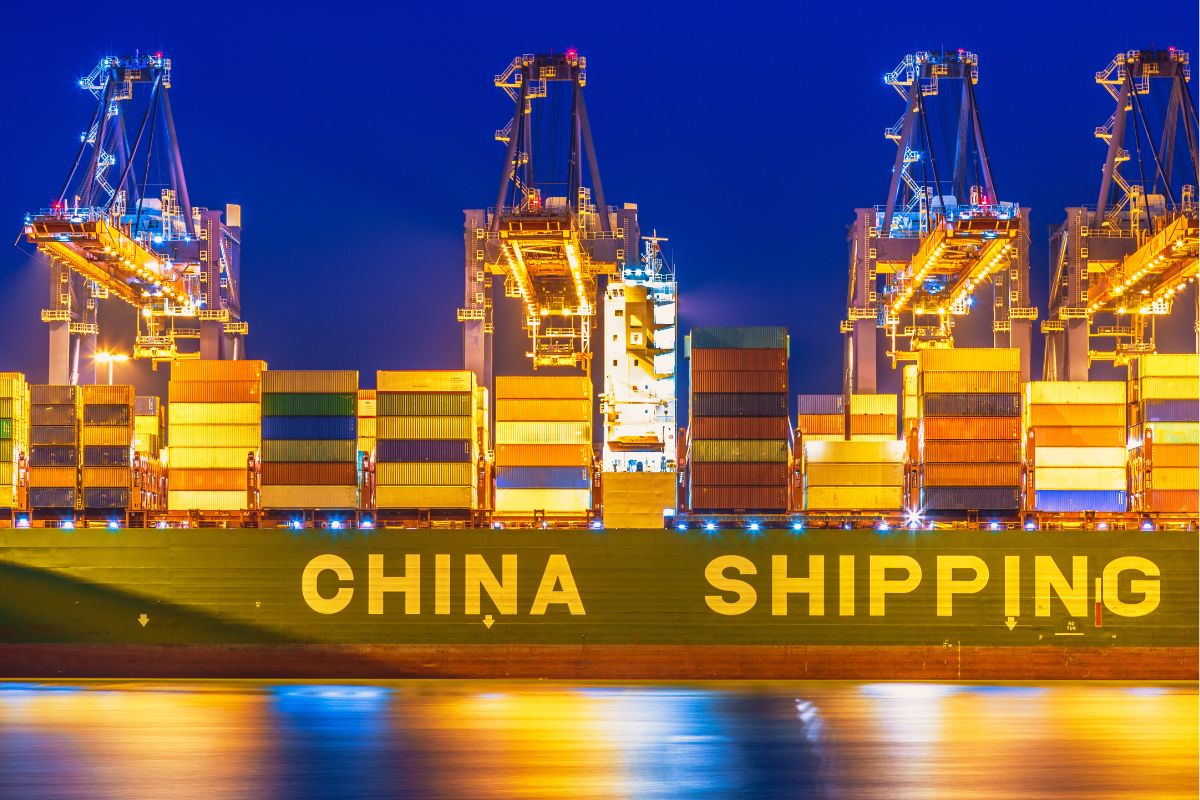Most rules are kept from previous versions, while others have been streamlined.
China is streamlining its regulations for the export of so-called dual-use goods, products that have both civilian and military applications. These goods also contain a range of critical minerals, including heavy rare earths, tungsten, gallium, and germanium.
On Wednesday, the Chinese Ministry of Commerce (MOFCOM) published the revised regulations for public consultation, which will remain open for 30 days. The new framework replaces the previous rules, which had been in place since 2005, and introduces a more digital and streamlined licensing process. While most existing regulations remain intact, the amendments address certain loopholes and clarify enforcement measures.
Under the updated rules, licenses remain non-transferable, exporters are still required to retain all documentation for five years, and the permitted excess quantity cannot exceed 5% of the licensed amount. Key changes include the digitalization of licensing procedures and the formal designation of the Ministry of Commerce as the central authority overseeing export licenses.
The revisions also tighten controls on transshipments and re-exports. Previously prohibited in practice, these activities now explicitly require a license, including for goods merely transiting through China. Additionally, Beijing may now require supplementary end-use verification for sensitive items.
The updated regulations signal China’s effort to modernize export control procedures while maintaining robust oversight over strategic goods and critical minerals. A month ago, Beijing also updated its set of rules for the domestic rare earth sector, giving the government more control over the industry (we reported). As the world’s largest producer of the critical commodities, the rare earth industry represents China’s might in the critical minerals sector.
Photo: CreativeNature_nl via Canva

